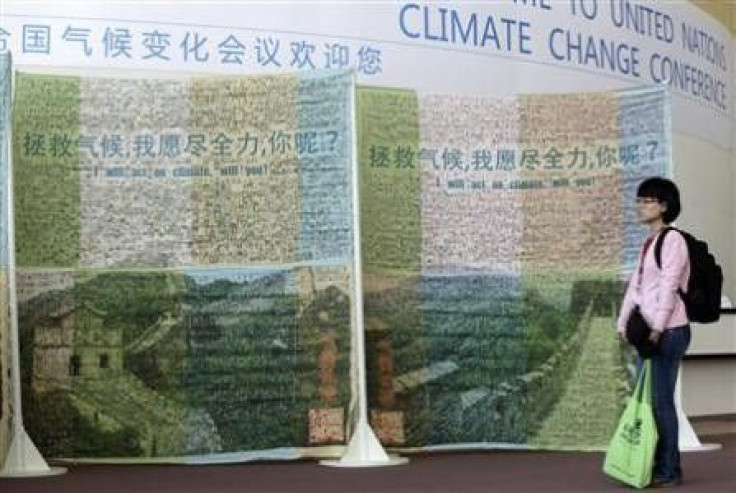EU to ban industrial gas credits

The European Commission announced plans on Thursday to ban trading credits related to certain industrial gases from its Emissions Trading System (ETS) starting from 2013.
The proposed ban includes elimination of credits derived from hydrofluorocarbon 23 (HFC-23) and nitrous oxide (N2O) from adipic acid production under the UN-backed Clean Development Mechanism (CDM) offsetting scheme.
So far, the majority of international offset credits admitted to EU ETS came from the developing countries mainly China and India, where the projects are carried out that control emissions of HFC-23. These projects facilitated European companies with a cheap way to meet the emissions reduction requirements.
However, environmental compliance of these credits have been questioned following an allegation by a monitoring body CDM Watch, that some plants possibly rising the HFC output merely to produce credits for selling.
The EU had also expressed concerns that these credits enable the manufacturers to shift their operation to developing nations to benefit from the offsetting scheme, leading to carbon leakage.
The acceptance of credits from industrial gas projects has been controversial for some time, the EU said. Certain gases have a very high global warming potential and abatement is very cheap. This can create huge financial rewards for project developers.
The Commission said the plans to bans the credits would provide an impetus to reform the UN's carbon market mechanisms.
Banning industrial gas credits would also help in moving the investment under the UN's Clean Development Mechanism (CDM) from emerging economies to less well-developed countries, the Commission said.
Offsetting EU emissions with reduction credits from international climate projects is beneficial when the projects make a real contribution to addressing the climate challenge and to sustainable development in the world's poorest regions and countries, said Connie Hedegaard, European commissioner for climate action. With today's proposal we want to ensure that Europe's demand for credits is increasingly focused on such projects.
Market watchers have cautioned that without any prior replacement to banning of HFC credits, the companies will lose financial incentive to contain the greenhouse gases and will lead to increased emissions.
The latest move from the EU comes ahead of the UN climate summit in Cancun. As the leaders and representatives of about 180 UN member countries attend the Cancun Conference to be held from Nov. 29 to Dec. 10, a consensus is expected on climate change treaty which will be agreed upon at the next conference in South Africa.
© Copyright IBTimes 2024. All rights reserved.











